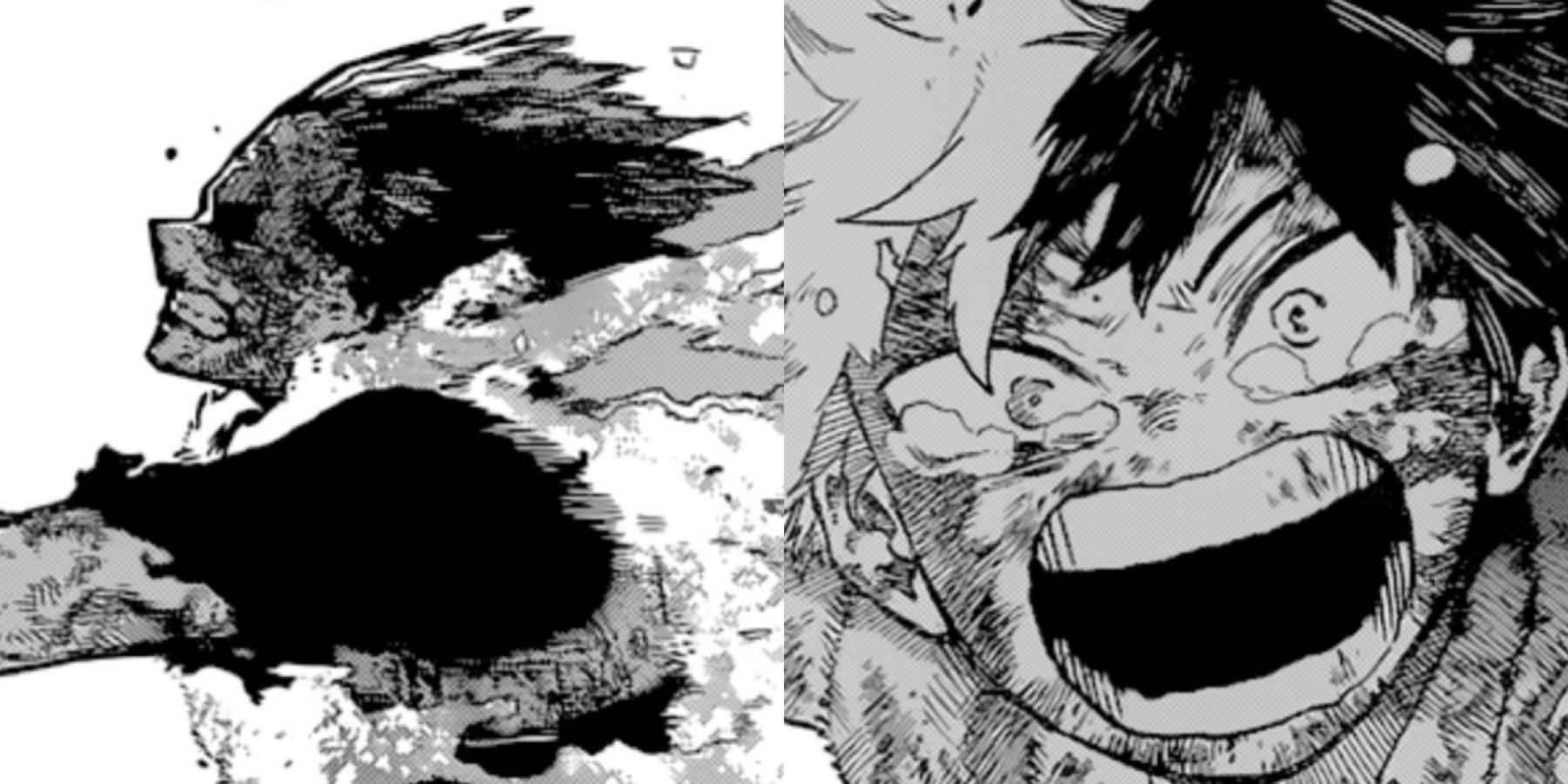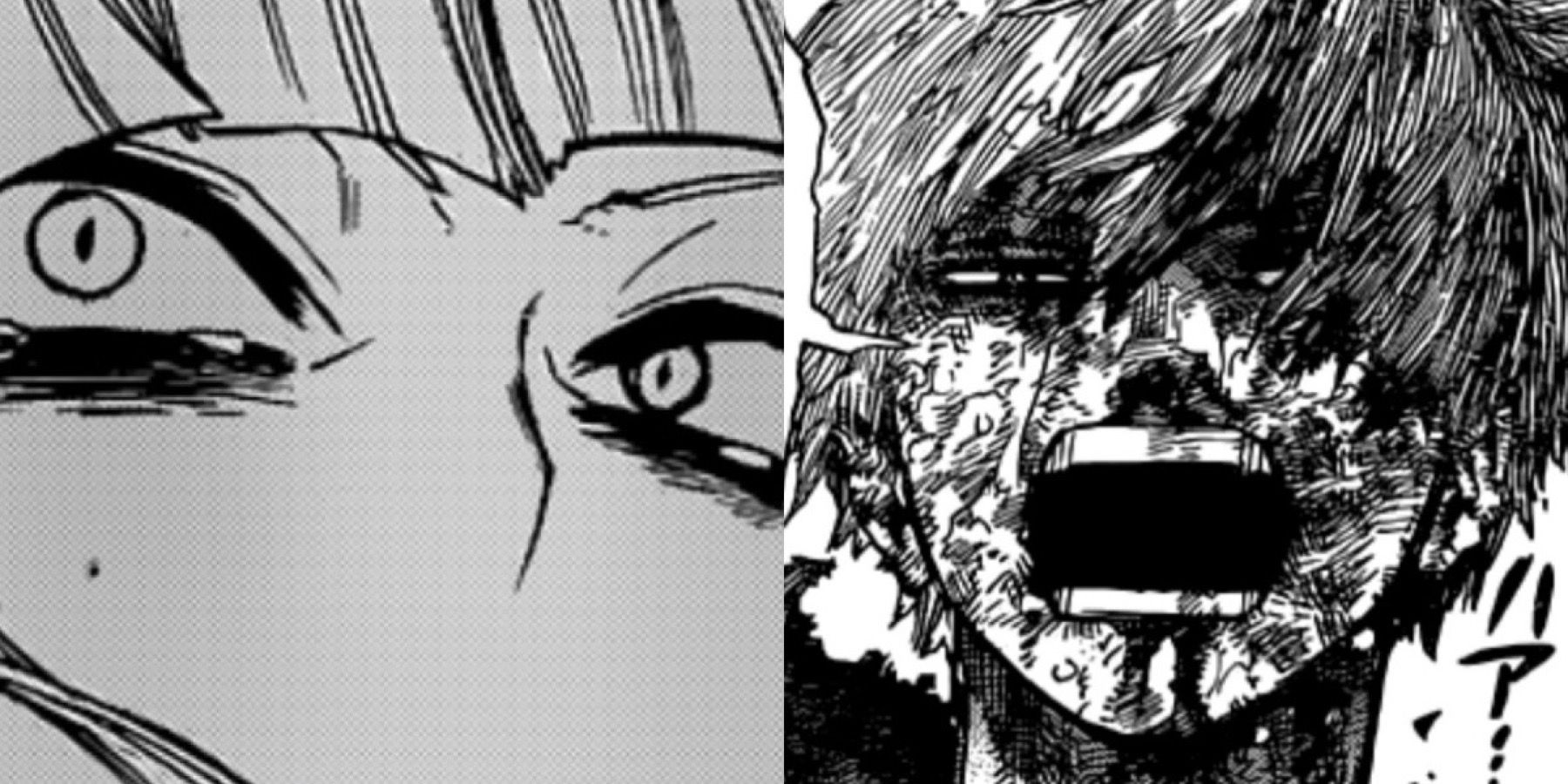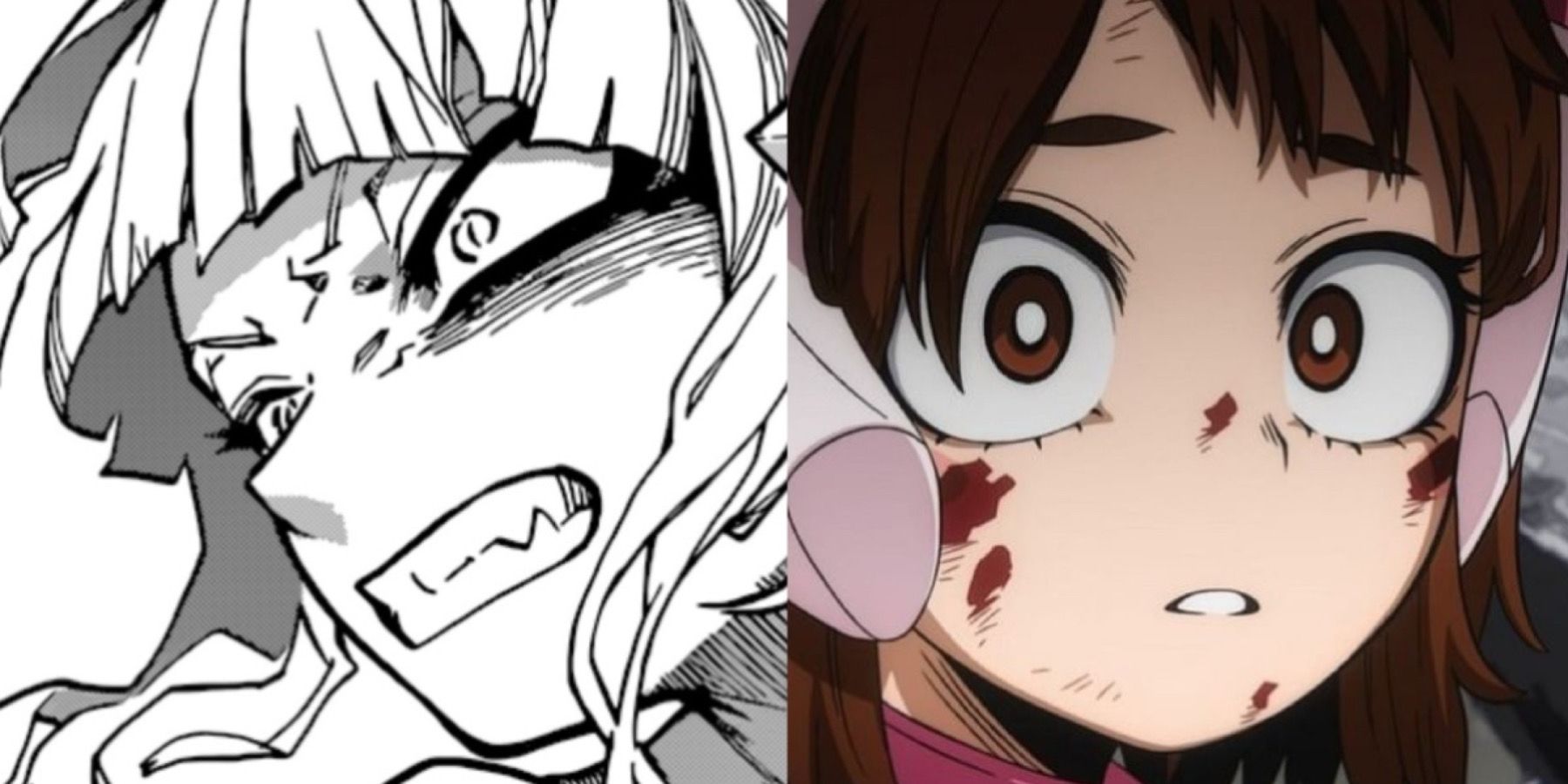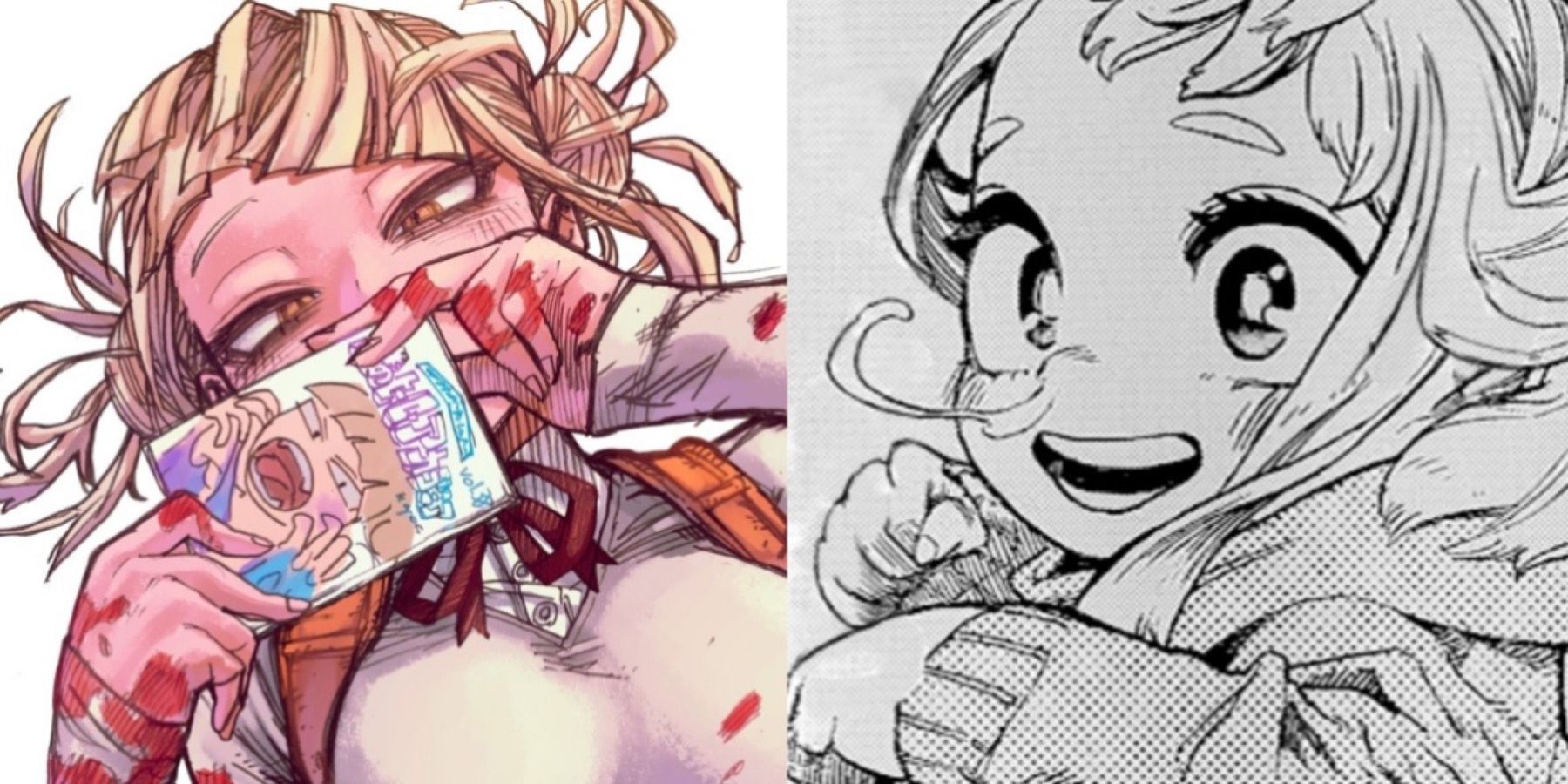
The Challenge of My Hero Academia Live-Action: Why It Should Be A TV Show

Exploring the challenges and reasons why My Hero Academia's live-action adaptation is better suited as a TV show rather than a movie.
The Potential of My Hero Academia's Live-Action Adaptation
My Hero Academia, based on Kohei Horikoshi's popular manga, has been in the spotlight for its upcoming live-action adaptation. The project, which has been in development for a year, is helmed by producer Joby Harold and aims to bring the beloved superhero anime to life on the screen. However, this endeavor is not without its challenges, particularly in deciding whether the adaptation should take the form of a TV show or a movie.
My Hero Academia: Class 1-A works together at the license exam.
The recent success of Netflix anime adaptations like One Piece has instilled some hope in viewers regarding live-action remakes of popular anime. While One Piece and Naruto have made successful transitions to the live-action medium, the unique narrative and extensive character roster of My Hero Academia pose a significant challenge for its adaptation.
My Hero Academia group with Deku, Ochako, Bakugo, Shoto and Ida
The Need for a TV Show Format
One of the primary reasons My Hero Academia is better suited for a TV show rather than a movie lies in its expansive cast of characters. The anime introduces a multitude of heroes, villains, and students, each with their own unique quirks and backstories. Adapting this rich character ensemble to a movie format would limit the exploration of individual narratives and world-building, ultimately leaving fans dissatisfied.
In addition to the character depth, the live-action adaptation must address the issue of character aging. Unlike long-running anime with time jumps, My Hero Academia's storyline unfolds without significant age progression. This presents a challenge for movie adaptations, as prolonged production periods could lead to actors aging out of their characters, undermining the authenticity of the franchise.
Embracing My Hero Academia as a TV Show
The transition of My Hero Academia to a TV show offers numerous advantages. The extended episodic format allows for in-depth exploration of characters, their quirks, and the intricate superhero lore created by Horikoshi. Moreover, a TV show provides the flexibility to incorporate a wide array of characters, including Class 1-A, Class 1-B, adult heroes, and iconic villains, without sacrificing narrative depth.
Furthermore, the episodic nature of a TV show aligns with the serialized storytelling of the original manga, offering a more faithful adaptation that can engage both existing fans and newcomers to the series. By embracing the TV show format, the live-action My Hero Academia can capture the essence of the anime while delving into the complexities of its expansive universe.















